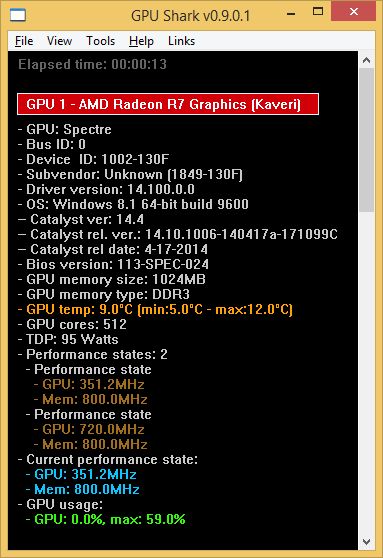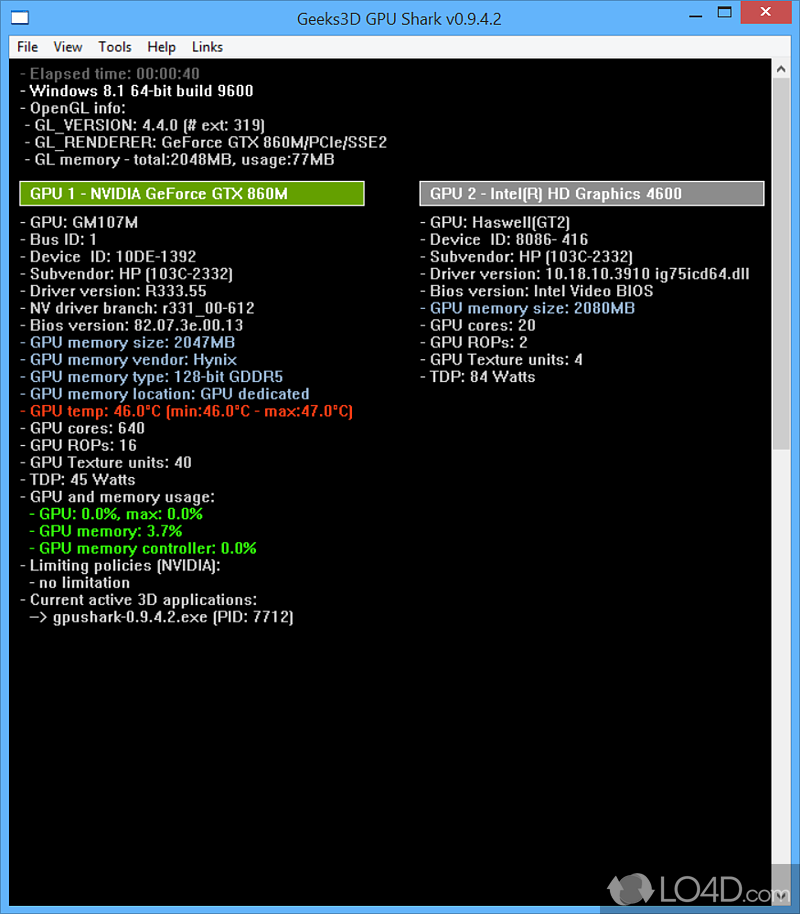
#Is gpu shark safe code
acquire () print ( "Lock acquired! (This code will never run)" ) Band-aids and workarounds

acquire () if fork () = 0 : # In the child process, try to grab the lock: That includes any globals you’ve set in imported Python modules.įrom os import fork from threading import Lock # Lock is acquired in the parent process:

When you do a fork(), it copies everything in memory. The cause is two problems with continuing to run code after a fork()-without- execve(): This seems convenient: the child process has access to a copy of everything in the parent process’ memory (though the child can’t change anything in the parent anymore).īut how exactly is that causing the deadlock we saw? So OK, Python starts a pool of processes by just doing fork().

Here’s where it gets interesting: fork()-only is how Python creates process pools by default on Linux, and on macOS on Python 3.7 and earlier. If we run this program on Linux, we get the following output:Īs you can see both parent (PID 3619) and child (PID 3620) continue to run the same Python code. Finally, we start a process pool, and log a message in one of the child subprocesses.Another thread writes a continuous stream of log messages.In the parent process, log messages are routed to a queue, and a thread reads from the queue and writes those messages to a log file.While True : with Pool () as pool : pool. We do this in a loop to make race condition more error ( "hello, I did something" ) print ( ".logged" ) if _name_ = '_main_' : setup_logging () # Meanwhile, we start a process pool that writes some start () def runs_in_subprocess (): print ( "About to log." ) logging. error ( "hello, I just did something" ) Thread ( target = write_logs ). addHandler ( QueueHandler ( _log_queue )) # Our parent process is running a thread thatĭef write_logs (): while True : logging. _log_queue = Queue () QueueListener ( _log_queue, logging. # from that queue and writes messages to a file: Import logging from threading import Thread from queue import Queue from logging.handlers import QueueListener, QueueHandler from multiprocessing import Pool def setup_logging (): # Logs get written to a queue, and then a thread reads
#Is gpu shark safe windows
(Note that none of these examples were tested on Windows I’m focusing on the *nix platform here.) Python provides a handy module that allows you to run tasks in a pool of processes, a great way to improve the parallelism of your program. Let’s begin! Introducing multiprocessing.Pool The solution that will keep your code from being eaten by sharks.Some bandaids that won’t stop the bleeding.A conundrum wherein fork() copying everything is a problem, and fork() not copying everything is also a problem.A mysterious failure wherein Python’s multiprocessing.Pool deadlocks, mysteriously.In this journey through space and time you will encounter: (The sharks are a metaphor for processes.)īlood starts seeping out, the sharks start circling, and pretty soon you find yourself-dead(locked) in the water!
#Is gpu shark safe full
Let’s set the metaphorical scene: you’re swimming in a pool full of sharks. In many cases you can fix this with a single line of code-skip to the end to try it out-but first, it’s time for a deep-dive into Python brokenness and the pain that is POSIX system programming, using exciting and not very convincing shark-themed metaphors! You check CPU usage-nothing happening, it’s not doing any work.

You’re using multiprocessing to run some code across multiple processes, and it just-sits there.


 0 kommentar(er)
0 kommentar(er)
